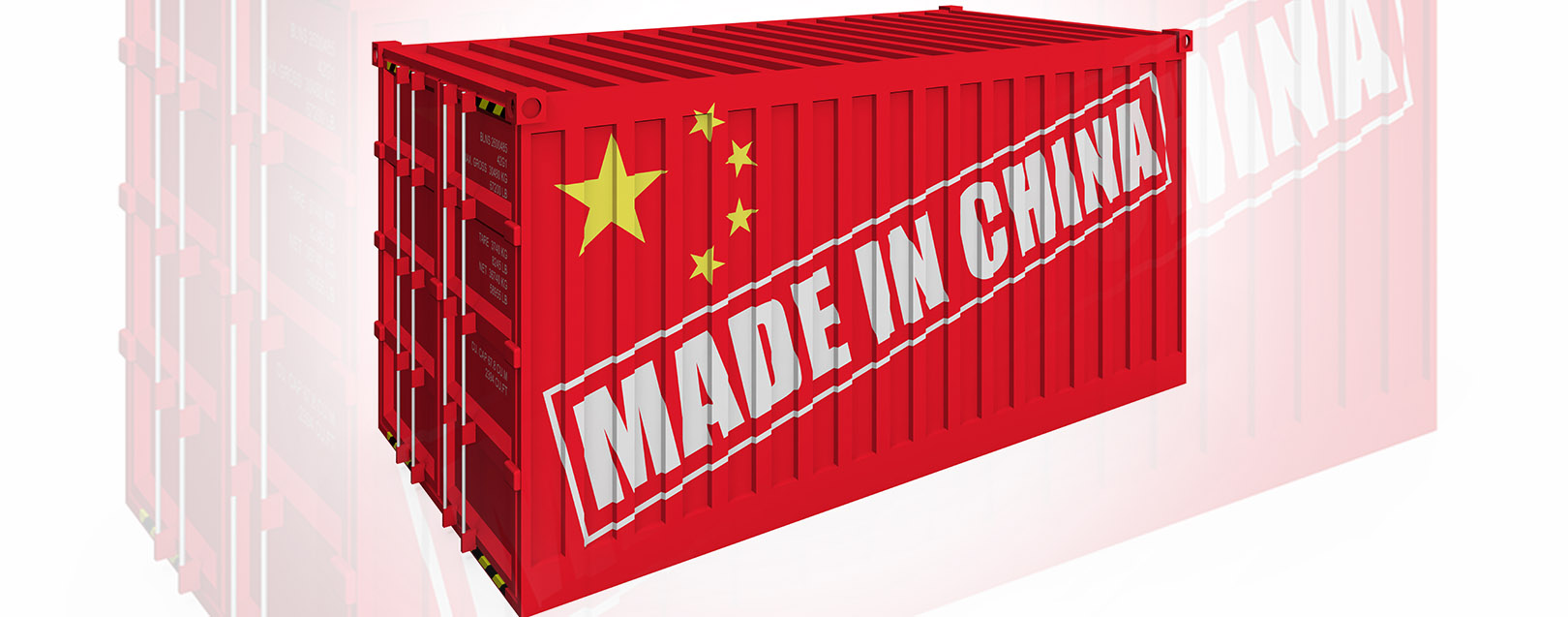
Possible #1 Joke of 2017: China Wins The Title of a ‘Free’ Market!
An MES label would mean that other WTO members will need to treat China as a free market equal during trade disputes
Manish K. Pandey | The Dollar Business
On December 11, 2001, China joined the World Trade Organisation (WTO). It was a milestone for China’s then not-so-open economy and took the country 15 years of arduous and prolonged negotiations to officially become the 143rd member of WTO, from being just a contracting party to the General Agreement on Tariffs and Trade (GATT) since 1986.
When China joined the global apex trade body, it agreed to be treated as a non-market economy (NME) – a status that made it easier for trading partners to impose anti-dumping measures on China in case the latter violated global fair trade norms – for the next 15 years, basis an assurance that it would attain Market Economy Status (MES) at the end of the period and new rules would apply. Come December 11, 2016, and the Dragon’s dream of being a globally-recognised market economy remains unfulfilled! The reason is simple. Some of Beijing’s biggest trade allies remain reluctant to endow it with the coveted ME status.
While China argues that it has been committed to a market-oriented economy for the last 15 years and as such should now be treated fairly, the corridors of power at WTO reason that there is no clause in the agreement of accession that mentions an automatic grant of MES to China. But even if such a passage is not there, has Beijing not done enough to qualify for MES? Or, is it something else that’s stopping its three biggest trade partners – US, EU and Japan – from fulfilling the promise they made in 2001?
Not surprisingly, Beijing has been running mad after it discovered that its transition to MES was not automatic. “The refusal is nothing short of covert protectionism, which runs against the trend of globalisation and poisons the recovery of the global economy,” quotes Xinhua, China’s state-run news agency. And there is a big reason for China to be infuriated. An MES label would have meant that other WTO members start treating China as a free market equal when it comes to imposing anti-dumping duties and resolving trade disputes.
When China joined WTO, other members had made clear to Beijing that they would not use the face value of the Chinese products (till the time China remains a NME) to determine whether the country was dumping its surplus production in their markets. Rather, they would resort to surrogate country approach to figure out the real prices that would have been tagged to the product if state subsidies were not at play. That’s what has helped most of the influential member countries in keeping the Dragon at bay till now, else it would have been difficult for them to survive the onslaught of cheap Chinese products.
And that’s what also remains the prime reason behind them not granting an ME status to China. Time and again, both EU and US have resorted to this “discretionary power” (as China and other low-cost production hubs see it) to safeguard their domestic industries (ranging from steel to aluminium to solar panels, etc.) from the Dragon’s fury and as such are reluctant to give it away. The arrangement also gives these countries a greater flexibility in determining the anti-dumping and countervailing duties that can be levied on cheap imports hitting their shores. If such are these discretionary powers, who would want to lose them?
Then, there is a growing backlash against free trade in EU and US – all thanks to Brexit and Donald Trump’s win in US Presidential Election 2016 – that has further complicated the situation for China. Whether China’s economy complies with market economy requirements has now become more of a public debate than a one that should have been discussed within the WTO boardroom.
Nevertheless, the verdict from the trio (US, EU and Japan) is out and they have refused to confer ME status on China. It now remains to be seen how the Dragon will react. The country has already questioned the modus operandi of the three and has termed their moves as against the “free trade” spirit of WTO. And the ball now lies in WTO’s court, who needs to deliver the final verdict. Who will win, and when? No one knows. But one thing is for sure – the biggest trade fight of all time has already begun!


 to success.
to success.